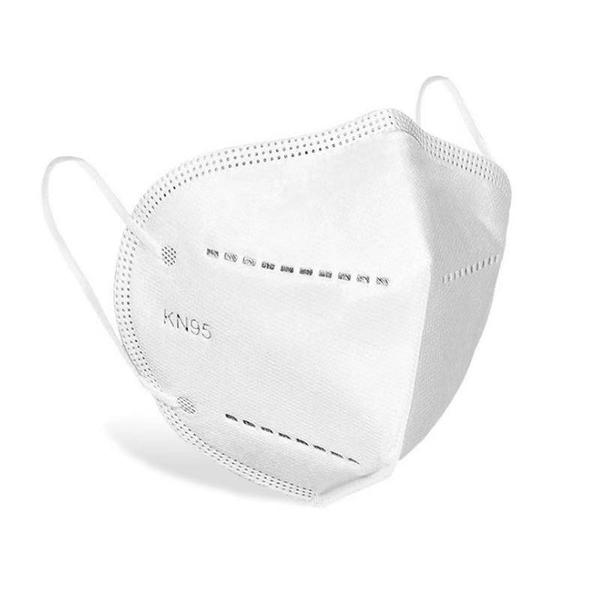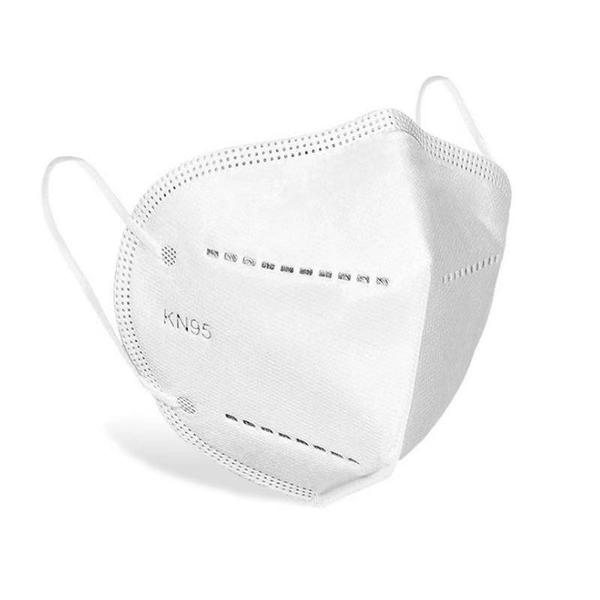I always wanted to learn more about energy alternatives, and how to save on household usage of electricity. But I always figured it was much too expensive to "go green." We all complain about the ballooning price of oil, but as a society, we don't seem to be bringing energy efficiency to the masses. You've seen them: solar panels, wind turbines and geo-thermal sources. All these kinds of sources are priced out of the everyday person's financial means. Indeed it can cost many tens of thousands of dollars to effectively "go green", with return on investment in the 20 year range. How can this be practical for a typical Canadian?
One additional benefit of using these alternative means of electricity is that you can hook it back up to the power grid and sell it back to the power company when you are not using it. Still, this is a very expensive venture when you consider a typical 600 watt wind turbine will power a personal computer and not much more (and will set you back around $1,000). Also, it only produces 600 watts of power when the wind is blowing at a good speed. Most people use these items as ways to charge generators, or use them as back up sources of electricity in times of brown outs.
All this talk about how much it costs to go green and save money on your electricity bill after 20 years sounds daunting, but saving money on your energy bill should not. How can we reduce our electricity dependence cheaply? Easy.
Follow these 17 simple and low cost energy saving tips and you too can be reaping the rewards of lower cost energy:
- The most obvious way to do it is to cut back on your energy usage, and be energy conscious. When you’re not in a room, turn the lights off. When you’re not home, turn your heat down.
- Replace old incandescent bulbs with compact fluorescent lights or LEDS.
- Turn your hot water tank’s temperature down if you have one. You can do this with the refrigerator temperature as well. (Don’t go too low or you’ll spend more money in replacing spoiled food!)
- Do most of your laundry on the weekends or the evening. Most power companies offer cheaper rates on the weekends and at night time. Call your power provider to find out more!
- If you can get cheaper rates at night, invest in a storage heater. These heaters allow you to consume energy at off peak hours during the evening, and use it throughout the day. Aside from the initial investment (which can be expensive), they can reduce your energy costs if used correctly.
- When doing dishes, use your dish washer. They are energy efficient to the point where they help save you money (make sure they are full, though). As an added bonus, when the dishes are done being washed, turn off the plate warmer heater in your dish washer, and let your dishes air dry.
- Washing by hand is good if you rinse with cold water, not hot water.
- Wash clothes in cold water when possible.
- Air-dry your clothes when possible.
- Don’t stuff your dryer full of clothes; be modest with them. Clothes will dry faster if there is more room for hot air to circulate around them. As soon as one load is done, take out the dry clothes, close your dryer door to keep the heat in, and put in the second load of clothes. Your dryer is already warm; it will continue on where it was at when the first load was finished and not have to re-heat up.
- Use your blinds in the summer to keep excess heat out and to keep your home cooler.
- This next tip is seldom thought of: plug your equipment into a power bar. Here’s an example of why. Not only do they act as a surge protector to protect your equipment from damages, but if, for example, you plug your TV, stereo, Blu-Ray/DVD player, and video game console into a power bar, you can shut them all off at once with the master switch. Why would you want to do this? Simple. When these items are not being used, they are in “stand by” mode. This means they are half on. Why have these items half on when you’re not home? They are drawing copious amounts of electricity (8+ hours a day in most cases while you are at work) and inflating your electricity bill.
- Unplug any appliances (kitchen, bathroom, bedrooms) that are not being used.
- Increase your attic insulation (where possible) to save on heat loss.
- If you are on oil heat, buy a space heater or two (don’t go to sleep with them on!). Turn the temperature down a few degrees in the winter, wear warmer clothes and snuggle up under a blanket.
- Replace old windows with low-E, argon filled ones. Look for windows with the lowest U-value you can get. The lower this value, the better the window will be at insulating. One article I read documents an individual who bought cheaper windows (not low-E argon filled), saving himself $600 for windows for the house, but they were costing him an extra $150 a year in energy costs compared to a low-e argon filled glass, which he could have paid for with the difference in heat savings over four years.
- Get a government certified energy audit. They will spot all the little things in your home making you less resourceful. Some sources recommend having two done: one in the winter and one in the summer.


